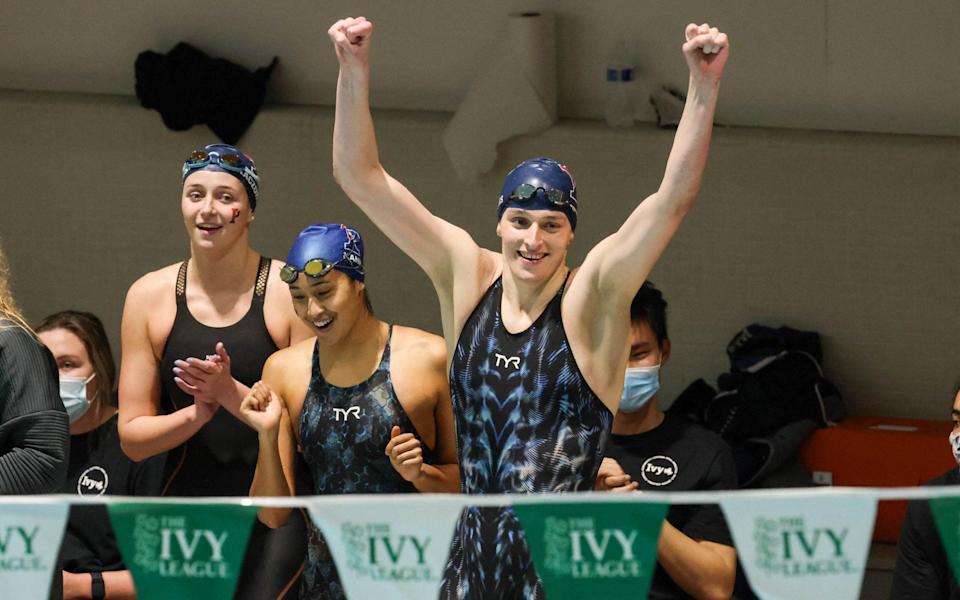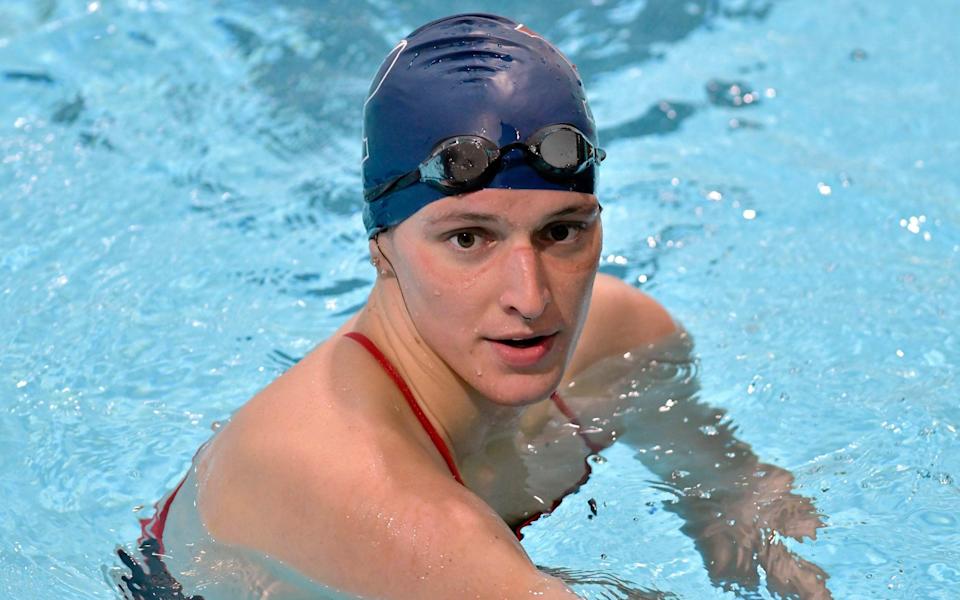
A transgender swimmer whose record-breaking times have sparked fierce debate says she is a woman and deserves respect, in her first interview since the controversy erupted.
Lia Thomas, who was born male but transitioned to female, has dominated women’s collegiate swimming as a student athlete for the University of Pennsylvania.
Her results have led to concerns that she has an advantage over her competitors and members of her own swim team have said they are uncomfortable with Ms Thomas sharing a changing room with them.
But others say Ms Thomas, who has been taking hormone replacement therapy since 2019, must be allowed to compete in the category that matches her gender identity.
In an interview with Sports Illustrated, the 22-year-old pushed back against the criticism she’s faced for competing as a woman.


“The very simple answer is that I’m not a man,” she told the magazine. “I’m a woman, so I belong on the women’s team. Trans people deserve that same respect every other athlete gets.”
Ms Thomas competed on the men’s swimming team for the University of Pennsylvania for three seasons before starting hormone replacement therapy.
She has since shattered records for the university’s women’s swim team, posting the fastest time of any female swimmer in two events this season.
“I’m a woman, just like anybody else on the team,” Ms Thomas said. “I’ve always viewed myself as just a swimmer. It’s what I’ve done for so long; it’s what I love.”
USA Swimming has issued a new policy requiring participants in women’s events at the elite level to have recorded low levels of testosterone for 36 months prior to competing.
The national governing body for competitive swimming said the policy serves “to mitigate the advantages associated with male puberty and physiology”.
Transgender former athlete Caitlyn Jenner is among those to have claimed that Ms Thomas has an unfair advantage. “Her hands are bigger. She can swim faster. That’s a known,” she said.
But Ms Thomas told the magazine: “I just want to show trans kids and younger trans athletes that they’re not alone. They don’t have to choose between who they are and the sport they love.”
